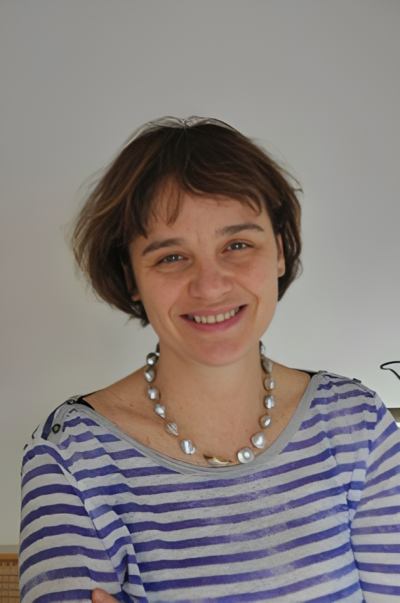Giulia Marchetti, from the ASST Santi Paolo e Carlo, one of the EuCARE partners, was invited to give a presentation about the “Update on the physiopathological mechanisms of Long-COVID: The role of viral/antigen persistence and links to possible therapeutic strategies” at EMA-Workshop on generating clinical evidence for treatment and prevention options for Long-COVID and Post-acute sequelae condition (PASC).
This workshop brought together different experts from a variety of fields, such as academics, physicians, regulatory, industry, healthcare professionals and patients groups to discuss important and relevant topics on Long-Covid and Post-acute sequelae condition (PASC). Critical issues related to the development of clinical trials from their design to their approval were discussed.
The presentation by Giulia Marchetti, was part of the panel “Update on the physio-pathological mechanisms of Long-COVID”, where the aim was to explain the complexity of pathologic mechanisms and syndromes associated, with a focus on therapeutic or prevention strategies.
Below you can find a brief summary of the presentation:
“Title: The role of viral/antigen persistence and links to possible therapeutic strategies
Speaker: Professor Giulia Marchetti, MD, PhD University of Milan, ASST santi Paolo e Carlo, Milan, Italy
Summary: The role of viral co-infections and SARS-COV-2 viral reservoir is one of the most debated aspects in the development of long-covid (LC), and has not been fully understood yet. On one hand, reactivation of viruses such as herpetic viruses (EBV, HHV6) have been associated to LC development. On the other hand, even though SARS-CoV-2 RNA and/or antigen have been detected at several sites in LC patients, the role of SARS-CoV-2 persistence in LC development remains controversial. The data accumulated so far seem to suggest a role of SARS-CoV-2 reservoir in the gut as driver of LC development, with consequent gut damage and inflammation. For other compartments, such as peripheral blood, the data are not conclusive. Within the EUCARE Consortium, we produced data showing a substantial association between peripheral SARS-CoV-2 RNAs (i.e. RNAemia) and immune dysregulation in a cohort of unvaccinated individuals who developed LC at about 3 months after COVID-19 healing. Because this same association was not evident in patients who fully recovered and did not develop LC, our data suggest that the persistency of SARS-COV-2 genetic material (i.e. RNA fragments) in the peripheral blood might drive the development of LC.”
To know more about the Workshop go to : https://www.ema.europa.eu/en/events/workshop-generating-clinical-evidence-treatment-prevention-options-long-covid-post-acute-sequelae
Check the Agenda below:

